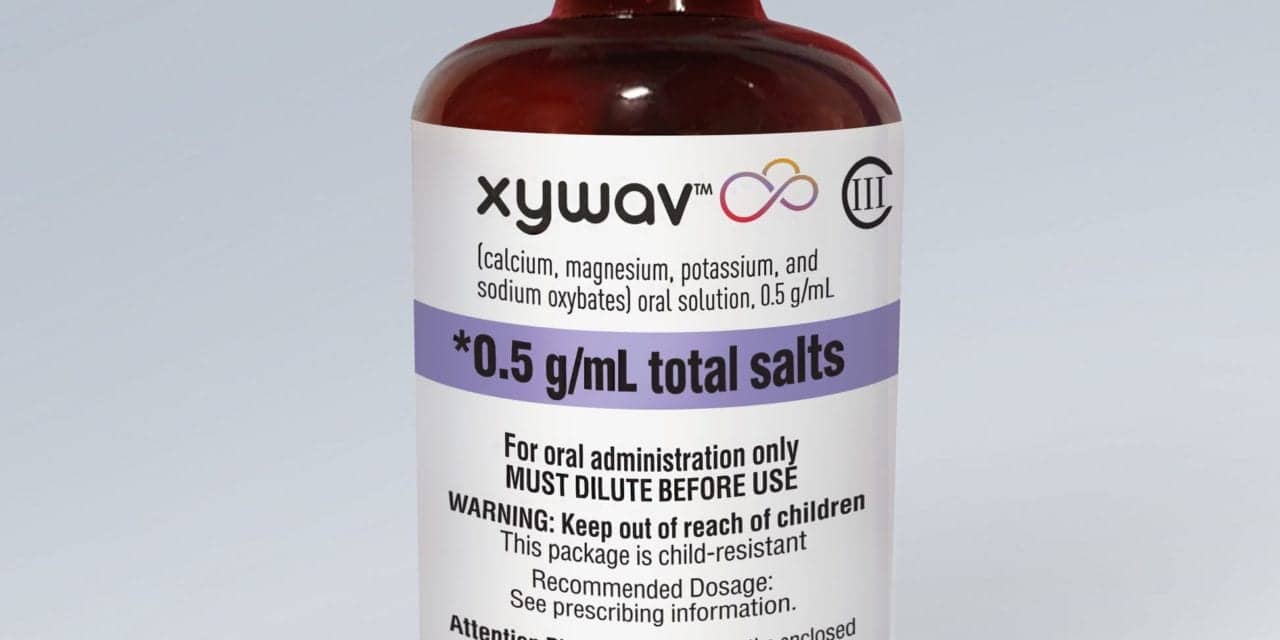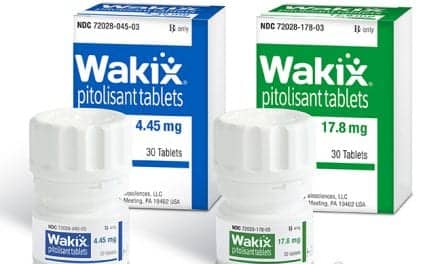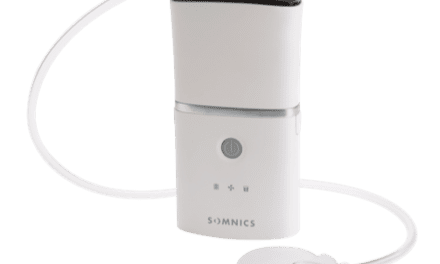Jazz Pharmaceuticals plc reports positive top-line results from a Phase 3 study of Xywav (calcium, magnesium, potassium, and sodium oxybates) oral solution in adult patients with idiopathic hypersomnia. The phase 3 trial is a double-blind, multicenter, placebo-controlled, randomized withdrawal study evaluating the efficacy and safety of an investigational use of Xywav.
Patients entering the study had excessive daytime sleepiness typical of the idiopathic hypersomnia population. All patients were treated with Xywav during the open-label titration period and clinically meaningful improvements in the Epworth Sleepiness Scale (ESS) were observed.
[RELATED: Xywav or Xyrem: What’s the Difference?]
The primary endpoint of ESS and the key secondary endpoints of Patient Global Impression of Change (PGIc) and Idiopathic Hypersomnia Severity Scale (IHSS) were measured during the randomized withdrawal portion of the trial, which included 115 patients. Those who were administered Xywav showed clinically meaningful maintenance of efficacy for ESS, PGIc and IHSS, and there were highly statistically significant worsenings in patients administered placebo compared with Xywav for ESS (p-value <0.0001), PGIc (p-value <0.0001) and IHSS (p-value <0.0001).
The safety profile in this study was consistent with the known safety profile of Xywav with no new safety signals observed in this population.
“We are excited by these compelling results and the magnitude of improvement observed in the study, in particular for people living with idiopathic hypersomnia who currently have no approved treatment option. We are deeply grateful to the patients and investigators who participated in the study, and look forward to working quickly with the FDA to make Xywav available to patients as soon as possible,” says Robert Iannone, MD, MSCE, executive vice president, research and development of Jazz Pharmaceuticals, in a release. “For more than 15 years, Jazz has been at the forefront of sleep medicine. Our purpose is to innovate to transform the lives of patients and we are committed to bringing new options for people living with serious sleep disorders where there are no or limited treatments available.”
Jazz will submit the Phase 3 study data for presentation at an upcoming medical meeting and these data will be included in the planned submission of a supplemental New Drug Application (sNDA) to the FDA as early as the first quarter of 2021.
In related news, the US Food & Drug Administration recently Fast Track designation to Xywav in September 2020. A drug that receives Fast Track designation is eligible for some or all of the following: more frequent meetings with FDA to discuss the drug’s development plan and ensure collection of appropriate data needed to support drug approval; more frequent written communication from FDA about such things as the design of the proposed clinical trials and use of biomarkers; eligibility for Accelerated Approval and Priority Review (if relevant criteria are met); and rolling review, which means that a drug company can submit completed sections of its Biologic License Application or New Drug Application for review by FDA, rather than waiting until every section of the NDA is completed before the entire application can be reviewed.
Idiopathic hypersomnia is a chronic, neurological disorder that is characterized by excessive sleepiness, an uncontrollable need to sleep or daytime sleepiness that persists for at least 3 months even with adequate or prolonged nighttime sleep.
[RELATED: Researchers Get Closer to Real Life Biomarker to Differentiate Hypersomnias]
“There is significant need for greater awareness of idiopathic hypersomnia, which can severely impact a person’s daily life, and can often be misdiagnosed or undiagnosed over a substantial period of time,” says Yves Dauvilliers, MD, Director, Sleep Disorders Centre, Gui de Chauliac Hospital in Montpellier, France and lead investigator of the Phase 3 study, in a release. “Currently, there are no approved treatment options for idiopathic hypersomnia, and these data are a welcome advance for patients.”
Xywav was approved in July 2020 by the FDA for the treatment of cataplexy or excessive daytime sleepiness in patients 7 years of age and older with narcolepsy. Xywav is not currently approved by regulatory authorities for the treatment of idiopathic hypersomnia.





